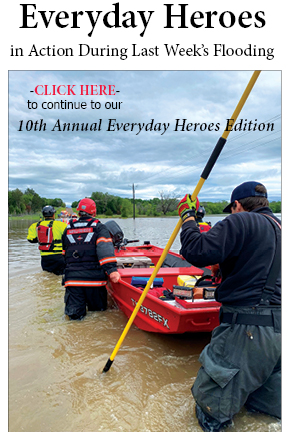by Blair Fannin
The Texas Agricultural Lifetime Leadership Program, also known as TALL, is now accepting applications for its new class beginning in July 2018.
TALL is a two-year leadership development program managed by the Texas A&M AgriLife Extension Service. Applications for Class XVI are due March 15. The applications are available online at http://tall.tamu.edu.
“The agriculture industry constantly faces new and unique challenges, and there is a need for individuals who have leadership potential to serve in decision-making positions,” said Dr. Jim Mazurkiewicz, AgriLife Extension leadership program director. “TALL graduates provide a new pool of proven leaders who can provide the leadership, insight, knowledge and direction to ensure agriculture is viable in the future.”
The program features 455 hours of intensive training per person in seminars, speakers and domestic and international study trips over two years, Mazurkiewicz said.
“It’s equivalent to the time spent obtaining a master’s degree in agriculture,” he said. The typical class size is about 24, and participation cost is $3,000, he said.
“The mission of the program is to create a cadre of Texas leaders to ensure effective understanding and encourage positive action on key issues, theories, policy and economics that will advance the agricultural industry,” Mazurkiewicz said.
“The TALL program is the most comprehensive leadership development program of its kind,” said Wes Chandler, a TALL XIV alumni from Garrison. “This program presents an opportunity for each graduate, from the farm laborer to the policymaker, to find common ground in order to reach a common goal.”
“TALL is an amazing educational experience,” said Grady Martin, a TALL XI alumni from Lubbock. “We had the opportunity to meet leaders in agriculture across Texas, the United States, Mexico, Russia and Poland.
Location visits with the owners and operators provided operational appreciation and understanding not possible in a classroom environment. The TALL program exceeded my expectations exponentially.”
Participants include traditional crop producers, ranchers, bankers and attorneys, as well as those who work in lumber, food processing, agricultural corporations and horticultural industries, Mazurkiewicz said.




